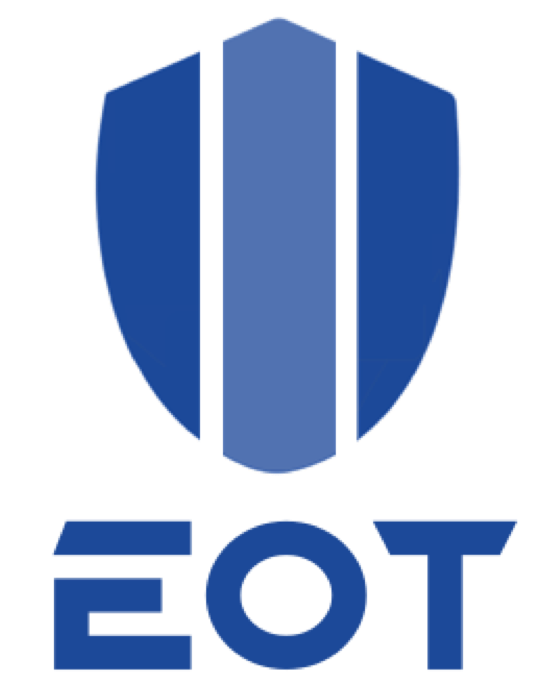- marketing admin
- Articles
In the retail industry, staying ahead of the curve is pivotal for success. In recent years, the integration of the Internet of Things (IoT) has changed the retail industry in ways unimaginable. From enhancing customer experiences to streamlining operations, IoT in the retail market is proving to be a game-changer.
Enhanced Customer Experience:
One of the primary advantages of IoT in retail is its ability to provide a personalized customer experience. Smart devices, such as beacons and RFID tags, allow retailers to track customer movements within a store. This data enables them to analyze customer behavior, preferences, and buying patterns.
For instance, a customer with a smartphone can receive personalized promotions and discounts based on their location in the store. This increases the likelihood of impulse purchases as well as increased customer satisfaction. IoT devices can also facilitate easy navigation through large retail spaces, making the shopping process more enjoyable.
Inventory Management and Supply Chain Optimization:
Maintaining optimal stock levels and minimizing losses has always been a challenge for retailers. Smart shelves equipped with RFID tags can monitor product levels in real-time, automatically generating orders when inventory is low. This not only reduces the chances of stockouts but also prevents overstock situations, improving overall efficiency.
IoT technology is used beyond the store shelves into the supply chain. Sensors can be placed on delivery vehicles to track the movement of goods from warehouses to stores. This real-time visibility enables retailers to address any delays or issues promptly.
Operational Efficiency and Cost Reduction:
The implementation of IoT devices leads to increased operational efficiency, allowing retailers to cut costs and optimize their processes. For example, smart energy management systems can monitor and control energy consumption in stores, reducing unnecessary expenses.
The integration of IoT in employee management systems can enhance workforce productivity. Smart wearables and devices can track employee activities, providing valuable insights into performance and efficiency. This data can be used to allocate resources more effectively and identify areas for improvement in employee training.
Security and Loss Prevention:
Retailers face numerous challenges related to security and loss prevention. IoT technology provides solutions to address these concerns. Video surveillance systems equipped with IoT sensors can detect suspicious activities in real-time, enabling security to respond promptly.
Moreover, RFID tags and other tracking devices help prevent theft and reduce inventory shrinkage. These technologies not only act as a deterrent to potential thieves but also assist in tracking stolen items and their recovery.
The benefits of IoT in retail are not only limited to large enterprises; small and medium-sized businesses can also use this technology to gain a competitive edge. Embracing this technological advancement is not just an option; it’s a necessity for retailers looking to thrive in the digital age.





